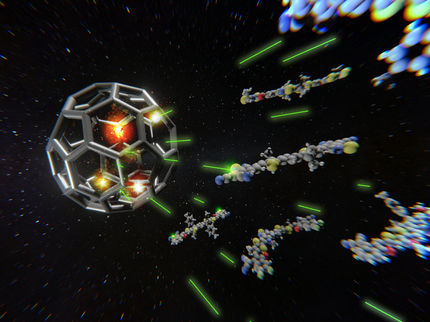Marine plant replacement for platinum in solar cells
An international research team has shown that that the power conversion efficiency of sea tangle extract is comparable to platinum in solar cell electrodes.
Dye-sensitized solar cells (DSCs) are quickly becoming a widespread and affordable alternative to photovoltaic solar cells. The electrode material in DSCs is traditionally platinum, which shows impressive performance, but isn’t environmentally friendly and incurs high production costs.
The team of scientists from China, Japan and Switzerland investigated sea tangle, a common marine plant, as a suitable source of raw materials for DSCs. Their results showed that the naturally-sourced materials demonstrated improved power conversion efficiency over previously tested natural dyes, to the point where they are comparable to those of synthetic, more expensive materials.
The researchers simultaneously extracted natural dye, iodine and carbon materials from sea tangle to act as the sensitiser, electron shuttle and counter electrode catalyst respectively, in a hybrid sea tangle device. They tested the device against a platinum counter electrode and found that it showed similar electrocatalytic activity. At this point, the power conversion efficiency of the device is not any better than platinum electrodes, but scope to advance its performance paves the way to a more eco-friendly type of DSC.
Other news from the department science

Get the chemical industry in your inbox
By submitting this form you agree that LUMITOS AG will send you the newsletter(s) selected above by email. Your data will not be passed on to third parties. Your data will be stored and processed in accordance with our data protection regulations. LUMITOS may contact you by email for the purpose of advertising or market and opinion surveys. You can revoke your consent at any time without giving reasons to LUMITOS AG, Ernst-Augustin-Str. 2, 12489 Berlin, Germany or by e-mail at revoke@lumitos.com with effect for the future. In addition, each email contains a link to unsubscribe from the corresponding newsletter.




























































